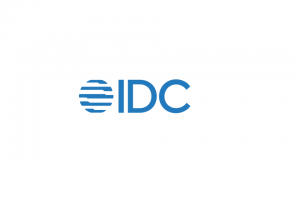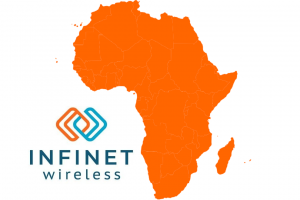Algeria: Political Changes May Benefit Telecom Sector offers a precise profile of the country’s telecommunications, media and technology sectors based on proprietary data from Pyramid’s research in the market. It provides detailed competitive analysis of both the fixed and mobile sectors, tracks the market shares of technologies and services and monitors the introduction and spread of new technologies.
Similar to its Arab neighbors, Algeria expects to see many changes in 2011. However, the country is behind its neighbors in the telecom sector partly due to the delay of rolling out 3G technology. “Algeria’s 2010 telecom revenue CAGR between 2010 and 2015 is 7.1 percent, an indication of healthy growth mainly spurred by a strong increase in revenues for broadband Internet and mobile data. Pyramid forecasts a total market revenue of $6.58 billion by 2015,” says Majd Hosn, Associate Research Analyst at Pyramid. “If Algeria fails to invest in new technology and telecom infrastructure development projects, we expect to see them fall short of our 7.1 percent growth forecast through 2015,” he adds.
After blocking the sale of Djezzy to MTN last year, the Algerian government hit Orascom (owners of Djezzy) with $600 million in back taxes and denied them access to import any equipment until all back taxes were paid, strongly hindering operations for Algeria’s largest provider. “Djezzy and the Algerian government have been on turbulent terms lately, with the ARPT having very little involvement in resolving their issues. Lack of action by ARPT in the Djezzy case is a cause for concern for all operators in Algeria if the system remains the way it is,” says Hosn.
As ARPT officials are appointed by the government, the sector, therefore, is under government control disabling it from operating as a third-party regulator. “This has hindered the ability of ARPT to encourage competition and the development of technology. Furthermore, the tight regulations imposed by the government have deterred interest from foreign buyers and thus devalued the operators’ market value. Despite this history, Pyramid foresees change in Algeria translating into a 26.1 percent revenue CAGR between 2010 and 2015 for broadband Internet,” indicates Hosn. “The ARPT will be a key body in implementing change and making consumers’ best interests a priority,” he says. “The operators in Algeria have the most to gain from the changes being demanded by the Algerian people.”
May 5, 2025











